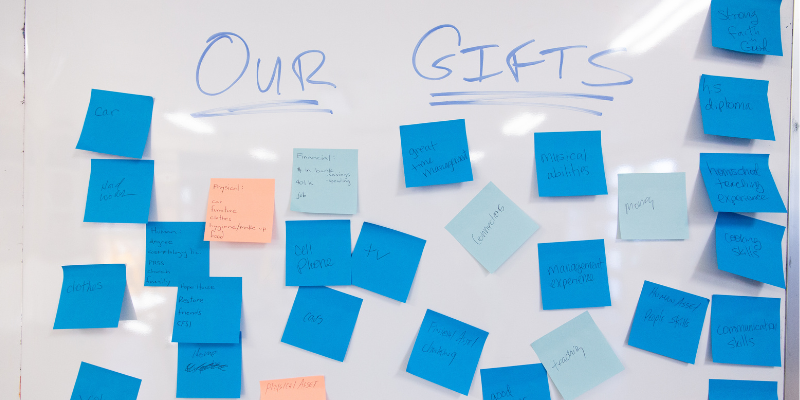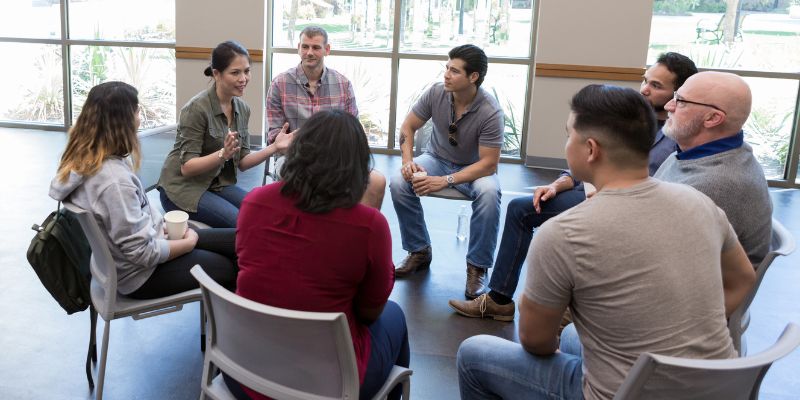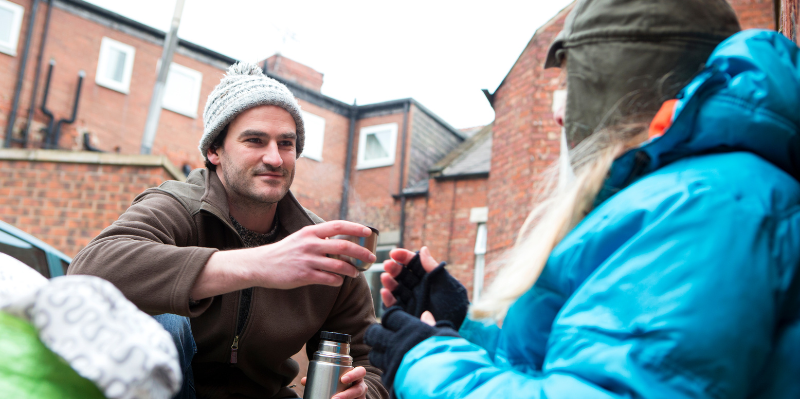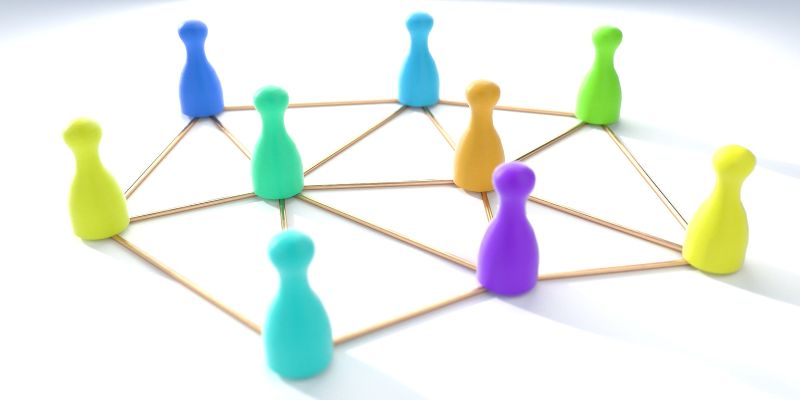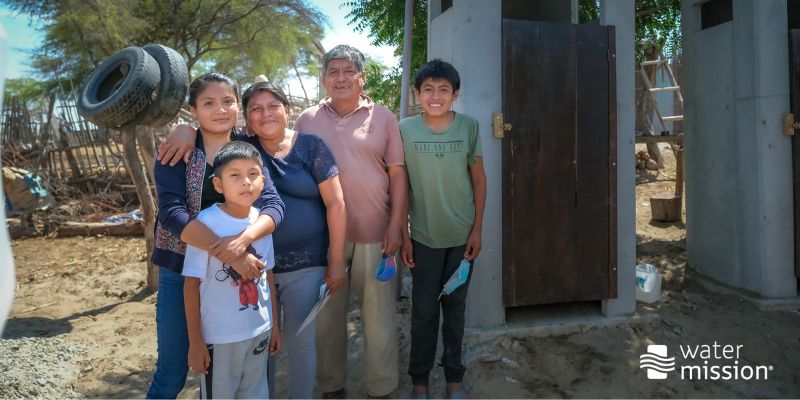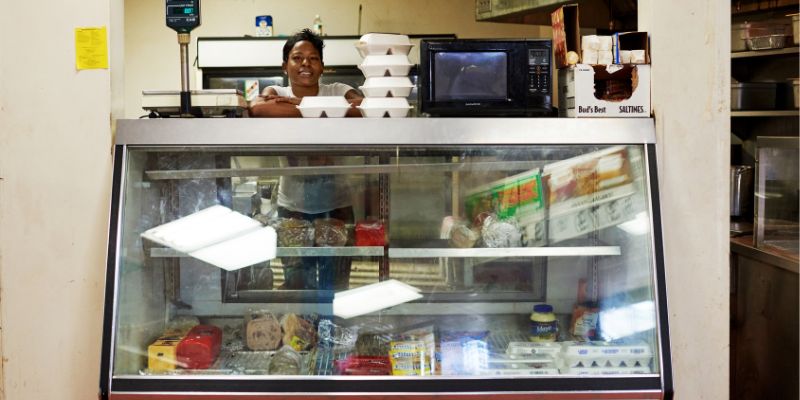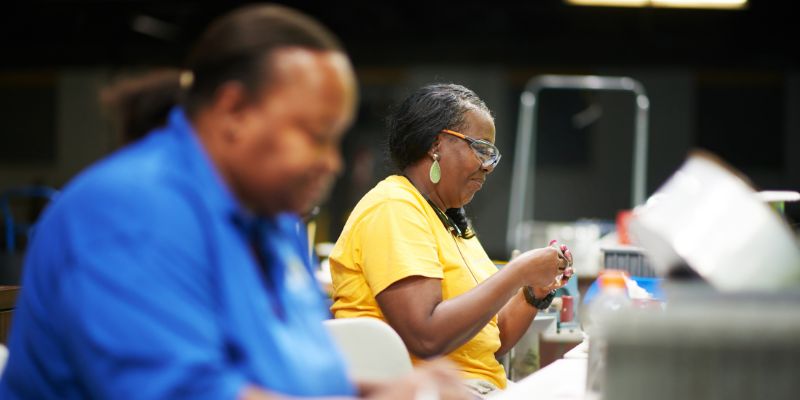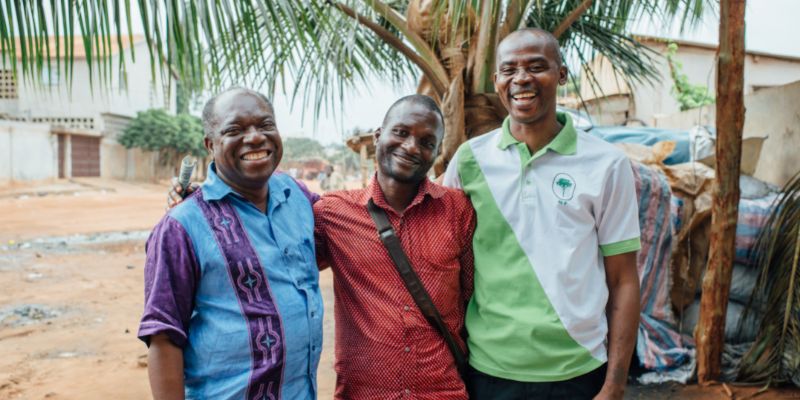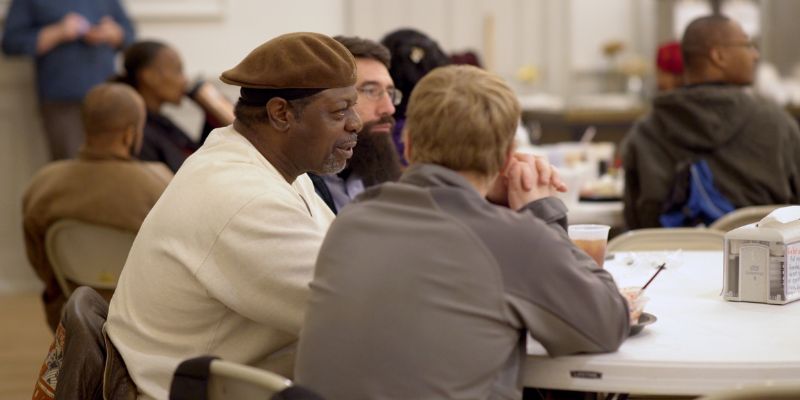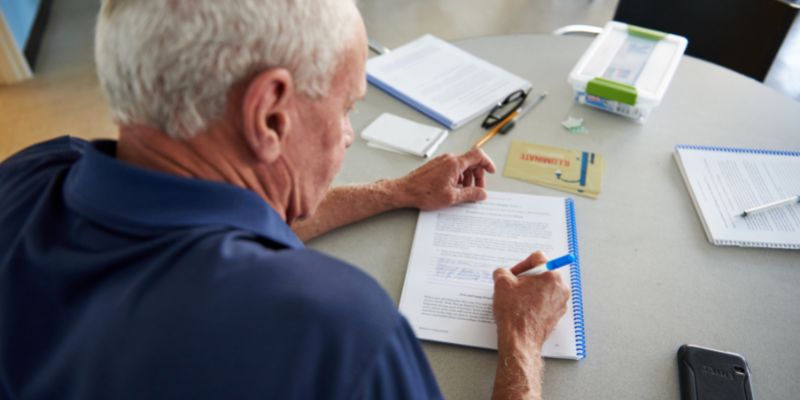Search
Categories
Tags
Posts by The Chalmers Center
How Innovate Helped Restore OKC Strengthen Their Existing Programs
Restore OKC is a community development organization in Oklahoma City. They’re “focused on the restoration of health, environment, reconciliation, and equity with neighbors in Northeast Oklahoma City.” For the past 6 years, Restore OKC has been committed to building relationships with the people in their community and working alongside them to bring about transformation.
Stories of Faithfulness: Learning the Value of Wholeness and Sustainability Through Innovate
Based in central Oklahoma, Branch15 was founded in 2013 to serve women in critical, life-controlling situations. Their mission has always been one of healing and restoration in the lives of their clients. Branch15’s main ministry participants have little to no support systems to address crises, which range from substance addiction to sex trafficking to abusive relationships to incarceration.
Equipping Ukrainian Church Leaders with HOPE International
Last summer, a team from Chalmers’ long standing partner, HOPE International, visited some of the Ukrainian church partners that they had supported in the early months of the war. While encouraged by incredible stories of life-saving relief work, they also detected challenges that often accompany sustained periods of relief: overextended church leaders, dependency from recipients, and frustration from volunteers.
Why Use Stories to Teach?
God’s work in the world unfolds to us in the big story of Creation, Fall, Redemption, and Consummation, and in the individual stories told in Scripture. From the Garden to Noah to Abraham to Moses to David to the promise of the Messiah to Jesus’ life, death, and resurrection to the outpouring of the Holy Spirit to the church to the New Creation, we are so often given God’s truths in narrative, not only in didactic lessons or abstract categories.
How to Build Developmental Classes that Actually Work
If we’re going to pursue relational poverty alleviation ministry that aims toward long-term development, one of the main outcomes we’re looking for from ministry participants is learning. We want to see the people we’re walking with learn new skills, rediscover their dignity, and grow in their capacity to navigate the complexities of life.
Building Empathy Across Socioeconomic Lines
God made the world out of love, and redeems us through His love expressed in Jesus’ sacrifice for our sins. He made us to enjoy loving relationships with Him, with ourselves, with others, and with the rest of His creation. Because of this, our work to walk with people in material poverty needs to be relational and participatory in nature, working together with people out of love, not merely doing things for them. True relationships are a two-way street. We give and receive.
Building a Network of Poverty Alleviation Ministry Leaders in North America
Chalmers is opening enrollment for our next Ambassador cohort. Anyone with strong experience in relational poverty alleviation ministry and a solid background in the core principles of When Helping Hurts is welcome to apply to get certified and join our network!
Training to Help Your Church or Nonprofit Help without Hurting
During the past 22 years, in addition to publishing books about poverty alleviation, Chalmers has been creating training for use in both the U.S. and the Majority World (of Africa, Asia, and Latin America). These field-tested programs are built on God’s story of change and community development best practices to help you put a biblical framework for addressing poverty into practice.
How When Helping Hurts Influenced Water Mission
When Helping Hurts has had a lasting influence on Water Mission. In fact, the organization requires all new staff to read it, from their leadership team to those working directly in the field. It’s critical that every team member, not just program staff, understand these principles and recognize that they do not have all of the answers to “solve” poverty.
How Pastor Marty Stayed in Ministry
When Pastor Marty transitioned from a bi-vocational pastor to full-time ministry, he wasn’t confident he could live in a financially sustainable way. He wanted to live a life pleasing to God, but he didn’t know how to provide for his family and his church.
God’s Story of Change: The Fitch Family
From the doctor’s office to the dinner table.
See how Chalmers principles have become woven into the fabric of the Fitch family’s everyday life.
The Complexities of Unemployment and Underemployment
What happens when someone wants work but can’t find it? What happens when “the one who has been stealing” wants to do “something useful with their own hands, that they may have something to share with those in need” (Eph. 4:28), but can’t get a job? What happens when they find work, but it is so temporary, unsteady, or poorly paid that they can’t even get off government assistance, much less have something left over to share?
Why Being “Pro Work” Is An Economic Development Best Practice
But how does work, work, when it comes to poverty alleviation? What makes helping people find and keep good jobs such a crucial piece of long-term economic development efforts?
Let’s start with a question: Why do you work? What difference does work make in your life? In your family? What would you do without work?
Work and Poverty Alleviation
Enabling people in material poverty to engage in work that pays a living wage is the most sustainable way for them to no longer be materially poor. But work is so much more than just a means to gaining income that provides for our material needs. It lies close to the heart of what it means to be human.
The Ministry of Writing Checks
There’s an idea out there that giving money to a poverty alleviation ministry is a cop out to being personally engaged in the ministry. But those directly involved in on-the-ground development ministries have a different view—that the most relational thing many people can do to help end poverty is actually writing checks to organizations that do effective, asset based, participatory development.
Now that You’re Home: Building on a Short-Term Mission Trip
What we do when we return home from a short-term mission trip is an important part of healthy short-term ministry.
Putting Policy into Practice: A Case Study
The past couple of weeks, we’ve shared some of the keys to starting an effective benevolence ministry through your church or ministry. Often, however, the process of creating or redeveloping a benevolence ministry isn’t linear.
Building a Transformational Benevolence Ministry
One of the most important factors in a sustainable ministry model is creating a system for how you handle new requests. We call this an intake process. Having a plan that everyone follows takes the stress out of benevolence, for deacons or staff, for volunteers, and for applicants.


